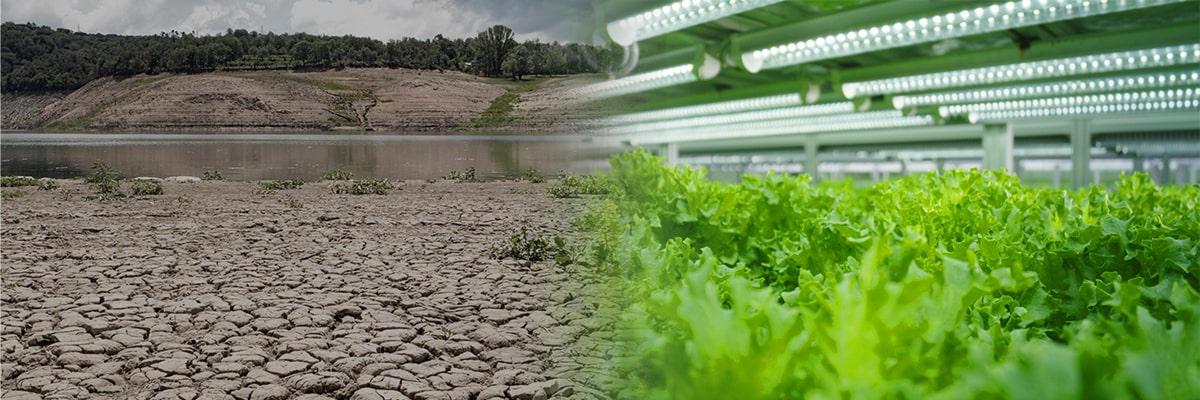The Driving Force of Future Agriculture: Smart Farm
In a world where farmable land is limited, the rapidly growing population has consistently demanded new solutions to enhance agricultural technology and its productivity. Notably, international research suggests that world’s crop cultivation could decrease by up to 50% by 2050, signaling significant changes in the food industry along with rising agricultural products’ prices. Moreover, with the increasing departure of younger generations from agriculture, the need for innovative farming technologies that maximize crop yields with minimal space and resources has become more urgent.

In this context, the vertical farming industry, driven by artificial intelligence and automation technologies, is maximizing the precision of farm management, dramatically reducing labor costs while replacing human roles. These technological innovations hold great significance as they go beyond mere cost reduction to simultaneously ensure both efficiency and reliability in agricultural management.
The significant impact of vertical farms on the agricultural industry is further highlighted in a 2018 report by the European Institute of Innovation & Technology (EIT). The report reveals that while cultivating 1 kg of lettuce requires 250 liters of water in open fields and 20 liters in greenhouses, vertical farming, with its superior water recycling capabilities, uses only 1 liter for the same amount. Moreover, an actual simulation conducted by Nongshim Farm with its automated smart farm system demonstrated that a vertical farm does not only increase resource benefits but also make positive outcomes such as improved worker efficiency and reduced risks associated with high-altitude rack & tray operations.
Building on this agriTech expertise, Nongshim Farm signed export MOUs with Oman in 2022 and with Saudi Arabia and Qatar in 2023, accelerating its expansion into the global market, particularly in the Middle East region. Vertical farms developed by Nongshim Farm and other specialized companies are poised to make substantial humanitarian contributions by addressing global climate-related cultivation challenges and future of food; furthermore, these smart farms are setting a new agricultural paradigm in the era of the Fourth Industrial Revolution.
Korea Institute of Planning and Evaluation for Technology in Food, Agriculture and Forestry, 「Domestic and International Trends and Development Directions of Vertical Farms」, 『2024-02, Industry, Technology, and Policy Trend Report』
